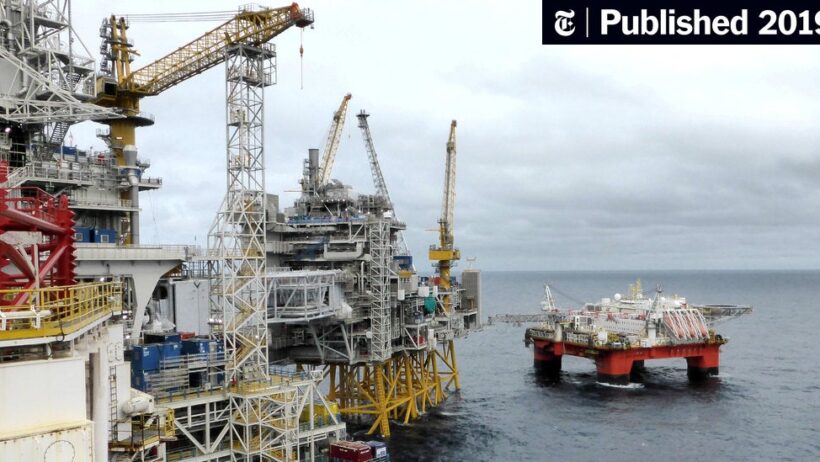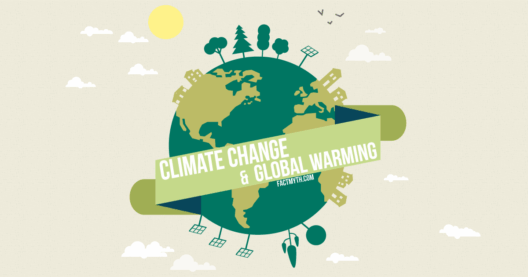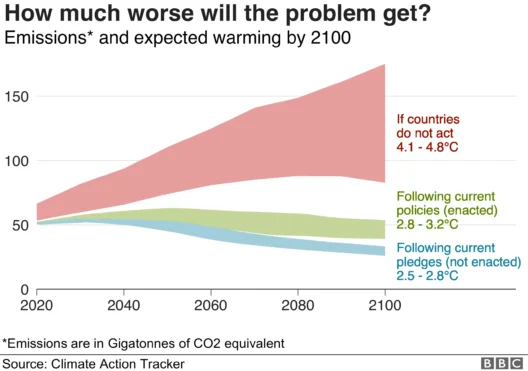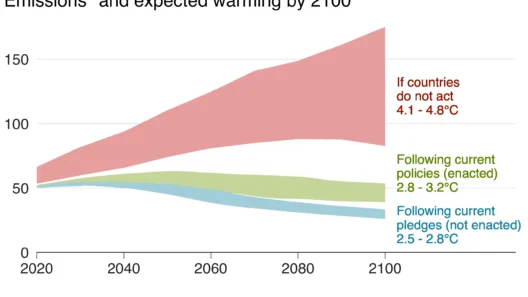In the discourse surrounding climate change, a pivotal question arises: Does pumping oil make global warming worse? This inquiry encapsulates an intricate interplay of geological, environmental, and socio-economic factors that connect fossil fuel extraction to the broader implications of climate change. To address this question adequately, it is imperative to delve into the multifaceted dynamics of oil production, its environmental ramifications, and the global efforts to mitigate climate change.
The correlation between oil extraction and climate change can be succinctly encapsulated by the carbon cycle. When oil—comprised primarily of hydrocarbons—is extracted and combusted for energy, it releases substantial amounts of carbon dioxide (CO2) and methane (CH4) into the atmosphere. These greenhouse gases are responsible for trapping heat in the Earth’s atmosphere, leading to the greenhouse effect. According to the Intergovernmental Panel on Climate Change (IPCC), elevated concentrations of CO2 and CH4 are significant contributors to global warming. The simple act of extracting fossil fuels thus initiates a chain reaction that exacerbates atmospheric warming.
Furthermore, the extraction process itself is fraught with environmental concerns that amplify its impact on climate change. The process of drilling and fracking can result in methane leaks—methane being a greenhouse gas that is significantly more potent than CO2 over a shorter time frame. These leaks frequently occur due to faulty infrastructure, inadequate monitoring, and regulatory lapses, ultimately increasing the concentration of greenhouse gases in the atmosphere. As such, the very practices employed in oil extraction can significantly undermine efforts aimed at reducing global warming.
Transitioning from this point, one must also consider the economic dimensions that underpin oil dependency. The global economy remains heavily reliant on fossil fuels, with oil serving as a critical resource that fuels transportation, electricity generation, and industrial processes. This dependency creates a formidable challenge in the quest to combat climate change. Policymakers often grapple with the paradox of needing to transition away from oil while simultaneously addressing the immediate economic repercussions of such a shift. The vested interests of oil corporations, coupled with significant government subsidies for fossil fuel industries, entrench this reliance, thereby complicating the pathway to a sustainable future.
An important observation arises when considering oil’s role in geopolitical contexts. The pursuit of oil resources often leads to conflicts and environmental degradation, further exacerbating social inequalities and hindering climate action. Military operations and conflict zones not only contribute to CO2 emissions but also create conditions conducive to ecological devastation. Such ramifications extend beyond immediate environmental impacts, intertwining global warming with complex social narratives. This confluence of climate and conflict underscores a critical intersection that demands a nuanced understanding of how oil extraction complicates efforts to address climate change.
It is not just the act of pumping oil that exacerbates global warming; the resultant systemic inertia persists as nations continue to prioritize fossil fuel infrastructure over renewable energy investments. Despite achievable advancements in solar, wind, and other renewable technologies, many countries find themselves tethered to oil due to existing economic frameworks and policy frameworks that have been slow to transition. This resistance to change prompts scrutiny of historical decisions that prioritized short-term gains over long-term sustainability. It begs the question: at what cost do we continue extracting oil in an age defined by environmental urgency?
In addition, the implications of oil extraction extend beyond greenhouse gas emissions. Oil spills, habitat destruction, and water contamination impose dire consequences on ecosystems. The ecological ramifications manifest in biodiversity loss and disruptions of local environments that further reduce nature’s ability to sequester carbon. Wetlands, forests, and other ecosystems play an essential role in carbon storage; thus, their degradation not only contributes to emissions but diminishes the planet’s resilience to climate change.
Moreover, as scientists and environmentalists emphasize the urgency of limiting global warming to 1.5 degrees Celsius above pre-industrial levels, the continuation of oil extraction appears increasingly untenable. Achieving this goal necessitates a drastic reduction in greenhouse gas emissions. The International Energy Agency (IEA) indicates that to keep the global temperature rise within safe limits, a significant number of fossil fuel reserves must remain unburned. It is a stark reality that pits the economic viability of oil against the pressing need for environmental stewardship.
The discourse surrounding oil extraction presents a deeper fascination; it raises profound ethical questions about our responsibilities to current and future generations. This contemplation compels us to consider a multitude of factors: Why do societies cling to fossil fuel dependence despite the evidence of its detrimental effects? How can transformation be catalyzed to embrace sustainable alternatives? These inquiries point toward the necessity for systemic change—a shift necessitating collective action across varied sectors, from government policy to individual behavioral changes.
In conclusion, the simple act of pumping oil is inextricably linked to the worsening of global warming. From increased greenhouse gas emissions to socio-political complications and ecological disruptions, the ramifications are far-reaching. As the world grapples with the consequential decisions regarding energy production and consumption, it becomes ever more critical to integrate sustainability into the economic framework. The time for meaningful change is upon us, demanding urgent engagement to quell the escalating impacts of climate change and forge a sustainable path forward.







